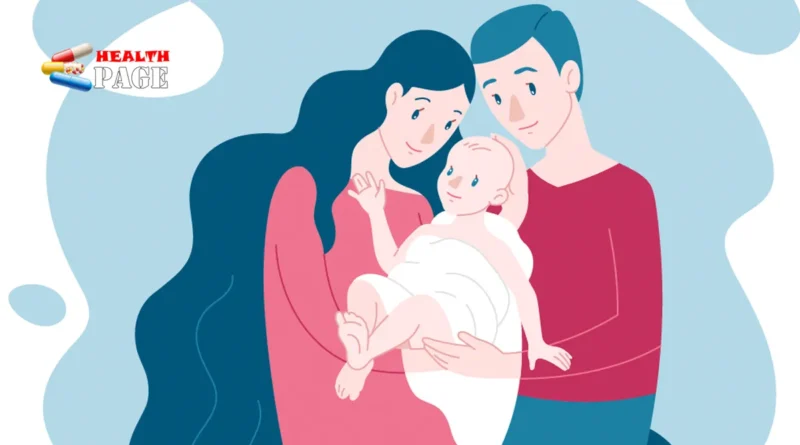How to choose a sperm or egg donor?
It happens that the problem of infertility cannot be solved either by treatment or by IVF with one’s own reproductive cells. In such cases, patients are offered to use donor eggs or sperm. For many, this is a rather difficult decision, and then a new difficult question arises – how to choose the right donor? And many others follow from this question. Today, specialists from Reprobank , one of the largest reproductive cell banks in the CIS, which has been operating for more than ten years, answer the five most common questions.
Is it necessary for a donor to have children of his own?
Neither the law nor common sense makes such a requirement. If the donor has a child of his own, this does not mean anything: since then, the parents’ fertility may have deteriorated significantly. The absence of children is also not an indicator. Perhaps a person with ideal reproductive health simply does not want to have them.
A truly objective indicator is the results of a medical examination. At Reprobank, it is carried out very thoroughly. Many donors have been in our programs for several years, and we know more about them than close people know about each other.
How to choose a donor with “pure” genes?
In order to minimize the risks of having a sick child, sperm and egg donors at Reprobank undergo extensive genetic testing, one of the most detailed in Russia and the former CIS countries. Each Reprobank donor undergoes a consultation with a geneticist. The doctor not only analyzes the genetic analysis data, but also finds out the donor’s family history.
Reprobank offers the opportunity to receive a consultation with a geneticist, which lasts for an hour. During it, you can learn all the details about genetics and the inheritance of traits. The doctor may recommend that the recipient undergo additional testing to check whether he or she has any mutations.
What traits will the child inherit?
Height, eye and hair color, certain facial features – all of this is inherited, and we can assume the probability of inheriting these features by a child. But does the profession, level of intelligence, education of the donor matter? These indicators are greatly influenced by upbringing and environment. In any case, if any parameter is important for the patient, we will select the appropriate donor. Reprobank has a very large selection of donors.
Here you can get maximum information about donors: look at children’s photos (some even have adult photos), read a detailed multi-page questionnaire, listen to a voice recording. And if after this you still have difficulties with the choice, our specialists will help.
Can a donor request meetings and communication with the child?
All donor and recipient data is strictly confidential. Only you and your family decide whether to tell the child about the method of conception or not. The donor cannot have parental rights and obligations regarding children born with the help of his biomaterial. Reprobank maintains the confidentiality of data and prepares documents in accordance with the law, which fully protect the rights of donors, recipients and children born after the use of donor material.
Is the donor’s blood type and Rh factor important?
Blood group AB0 and Rh factor play a role only in two cases:
1. If the parents want the child to have a certain blood type. For example, the type that would result if they conceived the baby without a donor.
2. If a woman has a negative Rh factor, she can select the same Rh-negative donor. But at the moment, the problem of Rh-conflict is solved by drug therapy.
Otherwise, there are no restrictions. You can often hear that certain blood types are associated with an increased risk of miscarriage, etc. In fact, blood type has no effect on conception and pregnancy.
And it is important to understand that a consultation with a Reprobank doctor does not oblige you to purchase donor biomaterial, but it will help you understand how to select a donor, what criteria should be taken into account in your case and what to pay attention to when choosing a donor.

